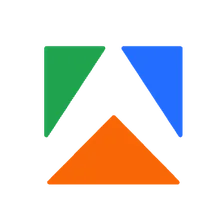Local Lead Generation Agent
Pricing
$30.00 / 1,000 lead analyses
Local Lead Generation Agent
Find truly local leads by scraping Instagram profiles based on search queries. Extract website links, contact details, emails, social media details. The AI agent matches and scores leads using LLMs via LangChain, explains scoring, and compiles the data into a common dataset for easy access and use.


